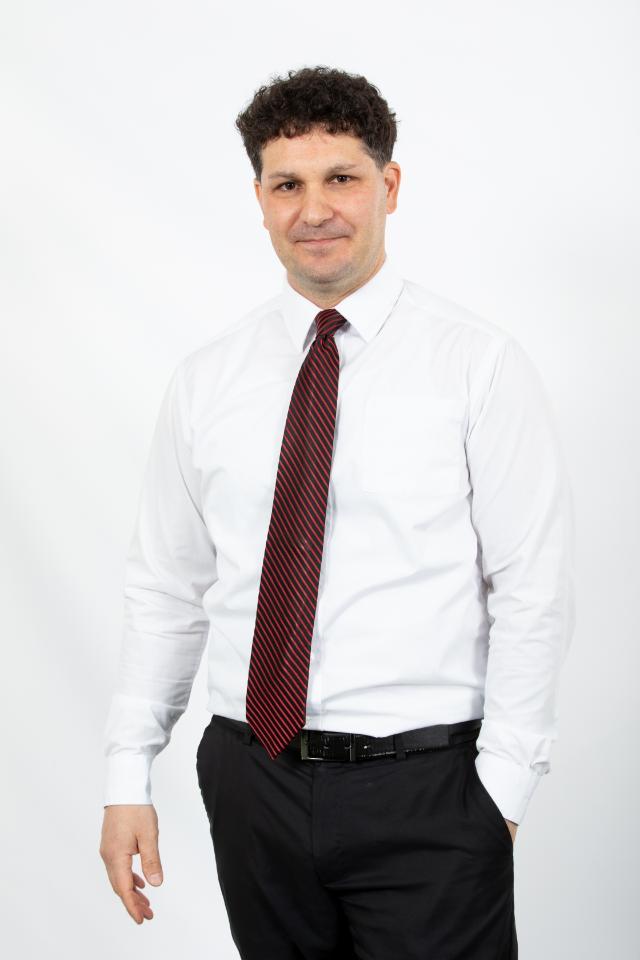Dr. Mike Mucedola views research in the field of health and nutrition as an exercise in putting a puzzle together. There is a seemingly infinite number of health-related studies and research to pick through—much of it contradictory.
“It comes down to whom do you believe?” he said. “When you read enough of it, you start to put the pieces together and understand why the validity of certain research is a little bit stronger than others.”
Mucedola, chair of the Department of Health, Recreation and Kinesiology, has been studying centenarian populations for 20 years. The research is clear on one thing: Healthy lifestyle habits correlate to living longer.
“What really interests me about centenarian populations is evidence about how much control we have over our health,” he said, adding that health educators, including his students, are on the front lines of spreading this information about how to live longer and healthier.
At the top of the list of what Mucedola teaches his students— most of whom are headed to careers as health and physical education teachers or in health-related professions—are what he calls the big three: healthy eating, living an active lifestyle and avoiding toxins, such as illegal drugs, tobacco and excessive alcohol.
In a recently published research article, he examined in depth the critical role health educators play in shaping healthy behaviors for their students and community members, and provided data that health educators can use in working with these groups. “Teaching Health Behaviors that Correlate with Centenarian Longevity and Quality of Life” was published in March in the Journal of Physical Education, Recreation, and Dance.
Mucedola got hooked on the health and nutrition fields while completing his master’s program, but his interest in studying longevity is more personal.
His grandparents are 96 and 95, and living independently. “We see that with centenarian populations they are not just living to old age,” he said. “They’re independent and active into their late 90s and early 100s. They go out and get their own mail. They garden. They are still living a high quality of life.”



Leave a Comment